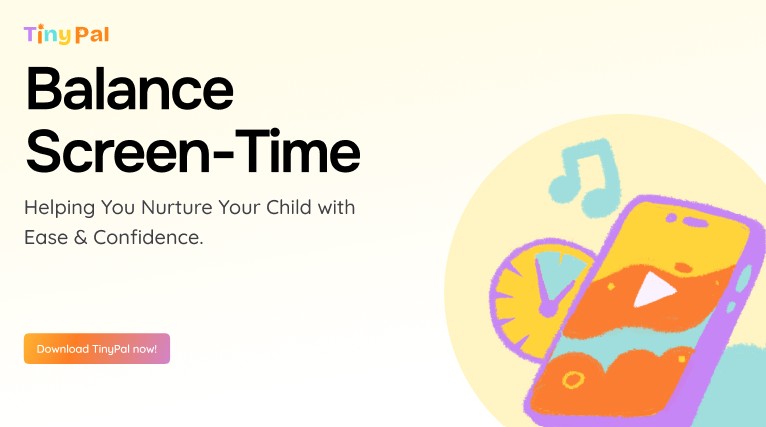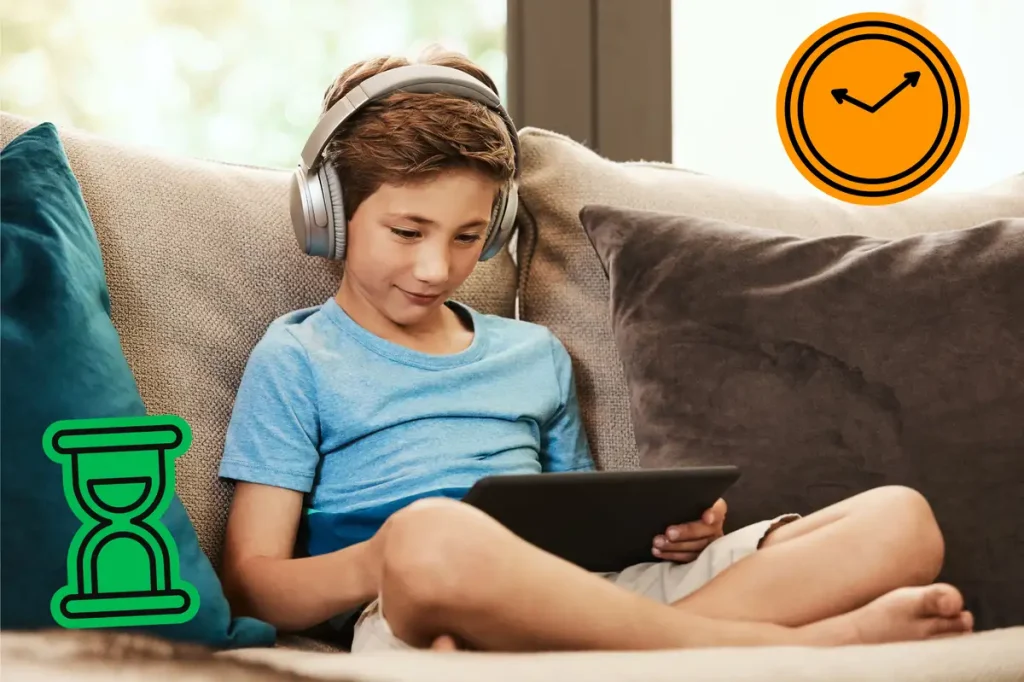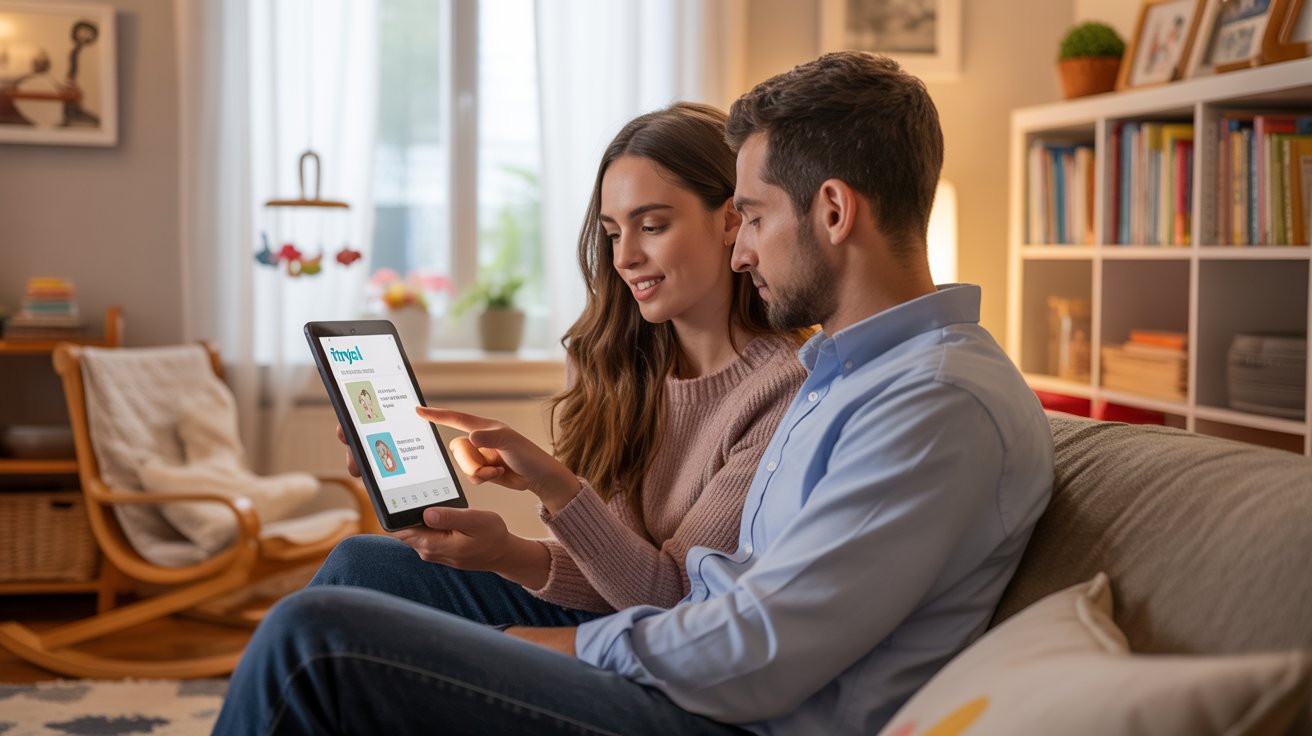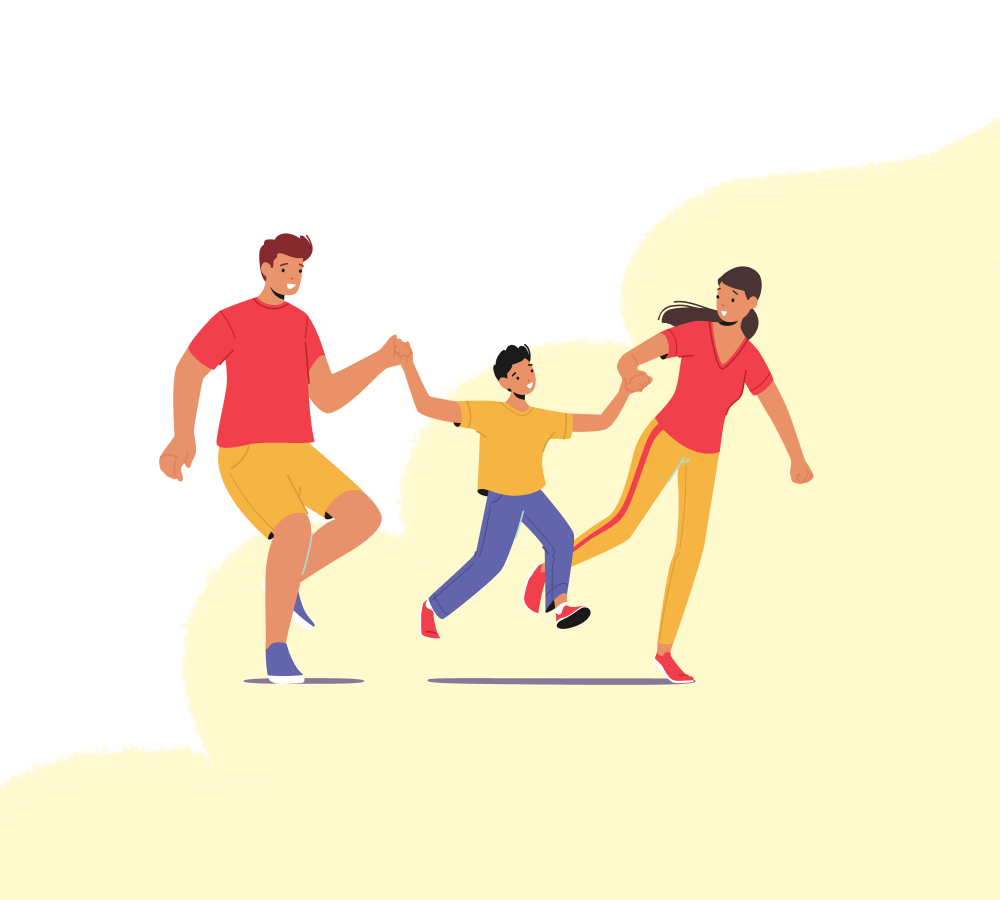Parental Control App for Teenagers (2025 Global Guide)
Teenagers today live in a world where their phone isn’t just a device — it’s their social circle, entertainment hub, classroom, journal, identity explorer, and escape space. Parents aren’t trying to spy on their teen; they’re trying to understand them, guide them, and keep them safe without damaging trust.
That’s why the idea of a “parental control app” often makes parents uncomfortable. It sounds intrusive, restrictive, and outdated — especially for teens who value independence.
But here’s the truth:
Modern parental control isn’t about control. It’s about balance, communication, digital wellbeing, and emotional awareness.
And the best tools today — including TinyPal — don’t monitor teens secretly; they help families build healthier screen habits and safer digital environments together.
This is the guide every parent needs in 2025 — whether you’re in the USA, UK, India, Canada, or Australia — to navigate smartphone boundaries with teenagers calmly and respectfully.
Table of Contents
The Real Challenge: Parenting Teens in a Digital World
Teenagers aren’t the same as toddlers. They don’t react well to strict limits or sudden restrictions.
Their digital world includes:
- Group chats
- Online classes
- Gaming communities
- Social media
- YouTube rabbit holes
- TikTok trends
- Influencers
- Identity exploration
- Peer communication
- School research
And because of this complexity, parents struggle with:
- Screen addiction
- Late-night scrolling
- Online bullying
- Unhealthy social comparisons
- Exposure to mature content
- Sleep disruption
- Reduced focus and grades
- Emotional overstimulation
The key is not to block everything.
It’s to help teens build judgement, learn boundaries, and recognise the difference between healthy and unhealthy digital habits.
Why Traditional Parental Control Doesn’t Work for Teens
Old-school parental control apps focused on:
- Blocking
- Tracking
- Restricting
- Capturing screens
- Listing every website
This approach creates:
- Broken trust
- Secretive behaviour
- Rebellion
- Avoidance
- Anxiety
- Over-dependence on punishment
Teens don’t want to be monitored.
They want to be understood.
The new generation of parenting apps (like TinyPal) focuses on:
- Communication
- Boundaries
- Emotional awareness
- Digital balance
- Mutual trust
- Insightful patterns
- Joint routines
This is modern, evidence-backed teen guidance.
Teenagers Need Digital Guidance, Not Digital Surveillance
Every psychologist agrees:
Teens will always push boundaries, but they thrive when those boundaries are clear, consistent, and collaborative.
A teen-friendly parental control app helps families:
- Agree on screen routines
- Build healthy tech habits
- Reduce digital overstimulation
- Protect mental health
- Improve digital literacy
- Strengthen parent–teen communication
- Support identity growth safely
It’s not about spying — it’s about partnering.
What Makes a Parental Control App Teen-Friendly?
(2025 Global Standards)
To work for teens in any country, an app must be:
✔ Transparent
Teens should know what is being tracked.
✔ Collaborative
Parents and teens choose routines together.
✔ Respectful
No invasive monitoring.
✔ Education-focused
Teaches teens how to use tech responsibly.
✔ Emotionally aware
Shows patterns, moods, overstimulation times.
✔ Multi-device
Teens use iPhones, Androids, laptops, Chromebooks, smart TVs.
✔ Cross-cultural
Adapts to:
- American school schedules
- Indian academic intensity
- UK mental-health emphasis
- Canadian screen time norms
- Australian outdoor lifestyle
✔ Trust-building
Helps families communicate, not argue.
Best Parental Control App for Teenagers (2025)
Why TinyPal Stands Out (Without Being Controlling)
Teenagers hate the word “control.”
That’s why TinyPal is built as a parenting-and-wellbeing app, not a control tool.
Parents don’t use TinyPal to watch their teen.
They use it to support their teen.
Here’s how TinyPal becomes the most teen-friendly solution:
1. Screen Time Routines That Feel Fair
Instead of random “NO PHONE!” rules, TinyPal lets families:
- Set mutually agreed routines
- Establish device-free zones (dinner, bedtime)
- Balance study vs fun
- Build weekend flexibility
- Reduce late-night scrolling
Teens follow rules better when they helped create them.

2. Insightful Behaviour Patterns (Not Surveillance)
Teens don’t want parents reading messages or peeking into conversations.
TinyPal respects privacy but provides:
- Overstimulation alerts
- Sleep disruption patterns
- Peak distraction hours
- Mood-impacting apps
- Focus trends
- Content category insights (not exact messages)
It becomes a digital wellbeing mirror — not a spyglass.
3. Emotional Awareness Tools
Teenage behaviour is driven by:
- Hormone fluctuations
- Peer influence
- Academic stress
- Self-image issues
- Online pressure
TinyPal helps teens learn emotional regulation by:
- Highlighting overwhelming screen habits
- Suggesting calming breaks
- Recommending healthier content
- Tracking emotional triggers
This builds digital emotional intelligence — a non-negotiable life skill in 2025.
4. Healthy Device Boundaries
Instead of blocking apps harshly, TinyPal uses:
- Gentle reminders
- Visual timers
- Soft transitions
- Scheduled study-focus zones
- Encouraging prompts
The goal is to teach self-control, not force it.
5. Cross-Platform Coverage for Real Teen Life
Teens use different devices for:
- Schoolwork
- Messaging
- Gaming
- Entertainment
- Creative work
- Social life
TinyPal supports:
- iPhones
- Android phones
- laptops (Windows / macOS)
- Chromebooks
- Smart TVs
- Tablets
- Gaming routines
One rule applies everywhere — avoiding loopholes.

6. Guidance Tailored to Age 12–18
A 12-year-old’s digital needs are NOT the same as a 17-year-old’s.
TinyPal adjusts based on:
- maturity
- responsibility level
- academic workload
- emotional health
- country
- family routines
Teens feel respected — not restricted.
A Teen-Friendly Screen Strategy (That Actually Works)
Here’s the framework psychologists recommend, supported by TinyPal’s design:
1. Discuss before deciding
Ask:
- “What screen habits make you feel tired?”
- “What time of day affects your focus the most?”
2. Build rules together
Create agreements, not commands.
3. Use visual routines
Morning → afternoon → study → evening → bedtime.
4. Encourage downtime
Outdoor time, hobbies, sports, art.
5. Remove guilt
Teens should feel empowered, not ashamed of screen use.
6. Talk about online safety calmly
Scaring teens only makes them hide things.
7. Review progress weekly
TinyPal’s insights help families celebrate wins.
Regional Parenting Needs (USA, UK, India, Canada, Australia)
USA
Teens face enormous screen exposure + school devices
→ TinyPal helps balance school vs leisure vs sleep.
UK
Strong mental health awareness
→ Emotional tracking + insights become essential.
India
High academic hours + late-night studying
→ Focus-time routines reduce burnout.
Canada
Balanced lifestyle + outdoor emphasis
→ Offline habit recommendations align naturally.
Australia
Outdoor culture
→ Visual reminders promote healthy time outside.
TinyPal adapts to the cultural rhythm of each region.

When Teens Push Back (And They Will)
TinyPal helps parents respond with:
- empathy
- calm boundaries
- collaborative tools
Instead of:
- arguments
- threats
- punishments
Digital boundaries should feel like family agreements, not prison rules.
FAQs
Should parents monitor their teen’s phone?
Monitor behaviours, not private conversations. TinyPal supports respectful guidance.
How long should teens use screens daily?
Balance matters more than exact hours. Healthy routines beat strict bans.
Does TinyPal block apps?
It guides choices, shapes habits, and supports routines — without violating privacy.
Will my teen agree to use TinyPal?
Yes, because TinyPal feels fair, transparent, and anxiety-free.
Final Thoughts
Teenagers don’t need digital control — they need digital balance.
And parents don’t need surveillance tools — they need support systems.
The strongest relationships are built on:
- trust
- communication
- healthy routines
- emotional awareness
- shared responsibility
TinyPal isn’t a spying system.
It’s a parent–teen partnership app that builds healthier digital habits across every device.
👉 Explore TinyPal Parenting App: https://tinypal.com/parenting-app/

